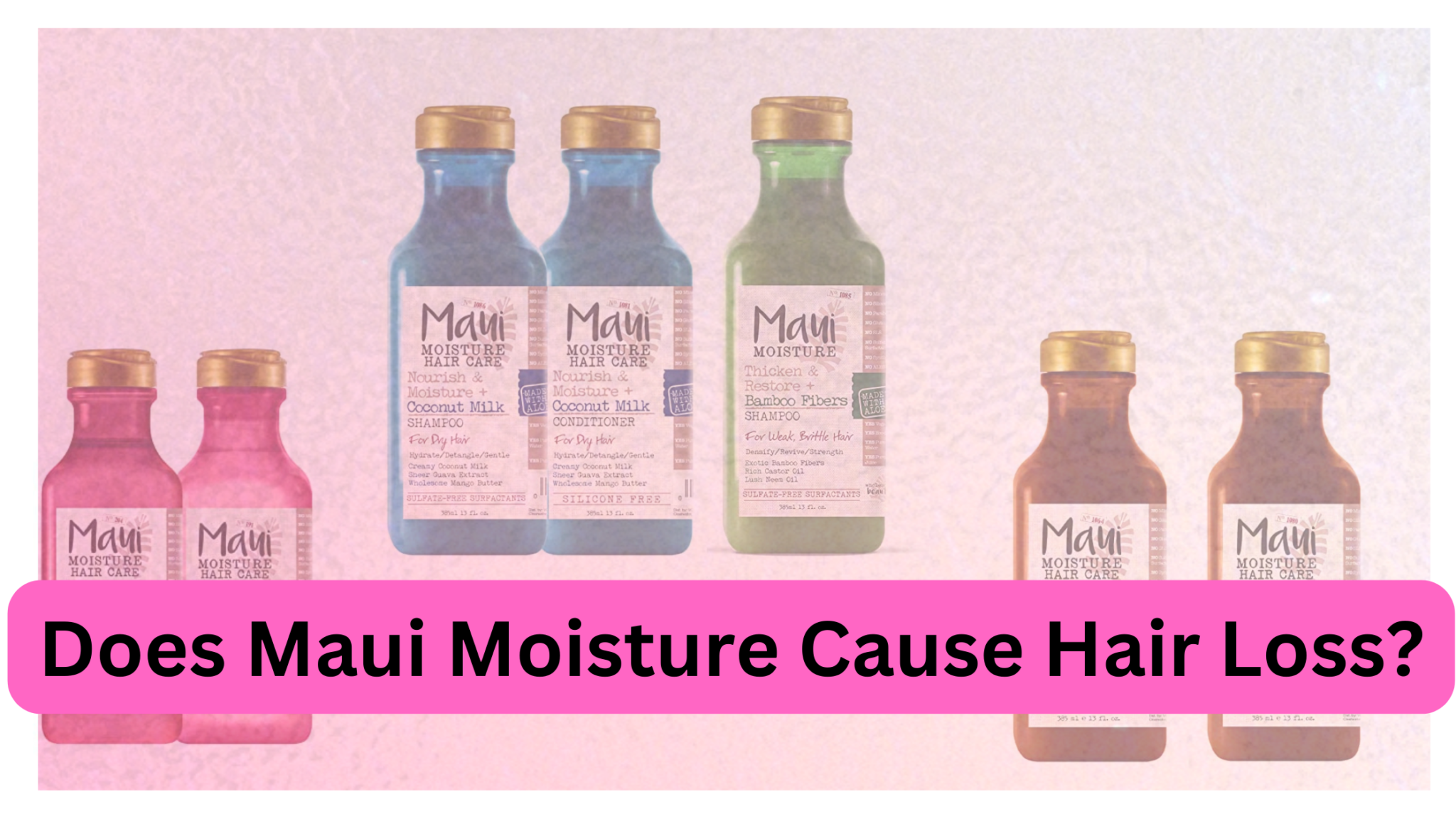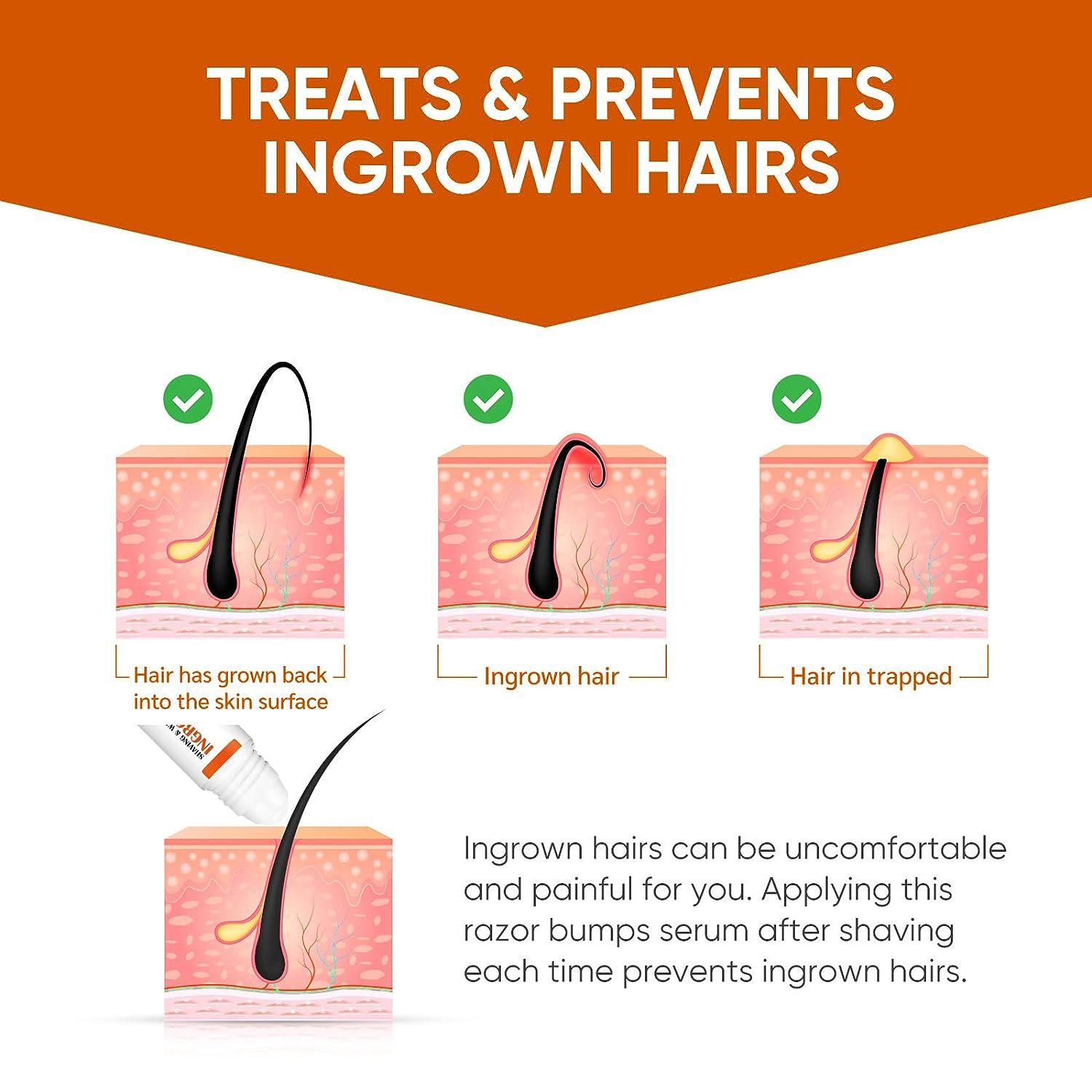Bump Stopper & Hair Loss: The Truth Unveiled | Does It Cause Thinning?
Does that tiny bottle of bump stopper hold the key to your hair's demise? The simple truth is: probably not. The overwhelming scientific consensus, and the design of these products themselves, leans towards a lack of direct causation between bump stoppers and hair loss. This article unpacks that statement, and delves into the science, user experiences, and expert opinions surrounding this complex issue.
Bump stoppers, often marketed to manage razor bumps and ingrown hairs, have become staples in many grooming routines, particularly for those with coarse or curly hair. Their popularity is undeniable, but so too are the swirling concerns about potential side effects. Chief among these: does this product, designed for skin, somehow contribute to hair loss? The answer, as we'll discover, is nuanced, and requires a deep dive into the product's makeup, its mechanism of action, and the existing body of research.
To better understand the topic, we are sharing the information on the product, which will help to clear all the doubts about it.
- Captain Lee Rosbachs Net Worth Below Deck Stars Wealth Career
- Pierre Poilievres Net Worth Misinformation What Voters Need To Know
| Feature | Details |
|---|---|
| Product Name | Bump Stopper |
| Primary Purpose | To prevent razor bumps and ingrown hairs |
| Target Demographic | Individuals with coarse or curly hair, those prone to razor irritation |
| Key Ingredients | Salicylic acid, glycolic acid, witch hazel, tea tree oil, aloe vera (common) |
| Mechanism of Action | Exfoliates dead skin cells, reduces inflammation, soothes irritated skin |
| Potential Side Effects | Skin irritation (redness, dryness, itching), allergic reactions (rare) |
| Evidence Regarding Hair Loss | Limited evidence suggesting direct causation; generally considered safe for hair health when used as directed |
| Availability | Widely available in drugstores, beauty supply stores, and online retailers |
| Link for Reference | Example of a Reference Website |
The initial questiondoes bump stopper cause hair loss?demands a thorough investigation. While a definitive "no" might seem like the final word, the reality is more intricate. A comprehensive understanding demands a deep dive into its ingredients, the potential for side effects, and what expert opinions say. But before dissecting the product, we must appreciate the landscape of hair loss itself.
Hair loss is a highly personal and often emotionally charged issue. It affects a vast demographic, men and women of all ages, and a multitude of factors contribute to it. These can range from genetics, hormonal imbalances, nutritional deficiencies, autoimmune diseases, and environmental stressors. Understanding the difference between these causes is vital, because mistaking a common cause for the product, could lead to incorrect conclusions.
Now, turning our attention to bump stopper itself. These products are formulated to address a very specific set of skin issues that arise after shaving or hair removal. They often contain ingredients that focus on exfoliation, soothing inflammation, and preventing the hair from becoming ingrown. One must understand what those ingredients are, to ascertain if there is a possible link between the product and hair fall.
- Juwan Mass Net Worth 2024 How Much Does He Really Earn
- Steve Pemberton Age Net Worth More Your Complete Guide
Common ingredients within a bump stopper formulation typically include a mix of exfoliating acids, soothing agents, and sometimes antiseptics. These ingredients work in a synergistic fashion, each playing a particular role in preventing and managing skin irritation. Let's take a closer look:
- Exfoliating Acids: Salicylic acid and glycolic acid are frequently employed to remove dead skin cells, unclog pores, and prevent hairs from becoming trapped beneath the surface. These are vital in preventing ingrown hairs.
- Soothing Agents: Aloe vera, tea tree oil, or witch hazel are often included to calm the skin, reduce inflammation, and alleviate any itching or discomfort.
- Antiseptics: Ingredients like tea tree oil provide some antibacterial action, helping to prevent infections that could worsen skin irritation.
The ingredients themselves are generally safe and are designed to work externally on the skin. The issue, however, lies in how these ingredients are used. If used incorrectly, such as excessive application or misuse, can lead to skin irritation. It is crucial to follow the product's instructions. The formulation is designed to interact with the skin's surface, and there's no direct mechanism for these ingredients to migrate down into the hair follicle and cause hair loss.
So, how does bump stopper prevent ingrown hairs and razor bumps? It works by exfoliating the top layer of skin, which helps to prevent hairs from curling back and growing into the skin. It also reduces inflammation. Many users swear by these products, and their effectiveness in addressing the aforementioned problems is rarely disputed. But does this effectiveness translate to a potential impact on hair health?
The primary function of a bump stopper product does not involve interfering with the hair follicles in a way that would cause hair loss. The active ingredients, as discussed above, are designed for the skin's surface and work to prevent and soothe irritation. The likelihood of these ingredients penetrating deep enough into the hair follicle to cause damage and trigger hair loss is considered extremely low. Furthermore, no specific scientific studies have established a direct causal relationship between the use of bump stoppers and hair loss.
Several factors can contribute to hair loss. Stress, diet, genetics, and underlying medical conditions are some of them. It's essential to consider these factors, as they might be the cause of hair loss and not the product itself. If you are experiencing hair loss, consider consulting a dermatologist or trichologist. They will provide tailored guidance.
One concern that sometimes arises is whether the exfoliating action of bump stoppers, if too aggressive, could potentially damage the hair follicle. However, given the way these products are designed and used, the probability of this occurring is minimal. Proper use ensures that the focus is on the skin's surface, rather than on deep penetration.
The short answer: no. Bump stoppers are not designed to cause hair loss, and there's no scientific evidence that directly links them to thinning or shedding. The ingredients commonly found in these products are intended for the skin's surface and function by preventing and managing skin irritation. The likelihood of these ingredients penetrating the hair follicle deep enough to cause damage that could lead to hair loss is exceptionally low.
However, it's important to acknowledge that individual responses to products vary. Skin sensitivities can be unpredictable. If a person experiences excessive dryness, irritation, or any unusual reaction, it's wise to re-evaluate product usage. If adverse effects persist, then consulting a dermatologist or trichologist is the best course of action. They can perform the examination, and determine the real cause of your concern, and suggest the best remedy.
User experiences provide a real-world perspective on bump stoppers. While most reviews focus on effectiveness in reducing razor bumps and ingrown hairs, some users express concerns about hair health. The common concerns include hair thinning, changes in hair texture, and increased hair shedding. However, these reports are generally anecdotal, and its important to keep in mind that correlation does not equal causation. Multiple variables are involved in the case of hair loss.
The lack of consensus, especially on the topic of hair loss, can often lead to misunderstanding and anxiety. This is why professional medical advice should be always prioritized, and taken into consideration. There have been cases, where the use of product, combined with improper skin care can also lead to hair loss. That is why, user testimonials are crucial but should not take precedence over scientific evidence.
Expert opinions on bump stoppers and hair loss generally align with the current scientific understanding: the products are unlikely to cause hair loss when used as directed. Dermatologists and trichologists often emphasize the importance of proper skin care practices. They suggest proper shaving techniques, moisturizing, and avoiding products that contain potentially irritating ingredients. These practices support hair health, and manage irritation.
Dermatologists and trichologists suggest that if someone experiences changes in their hair while using a bump stopper, its crucial to address a dermatologist or trichologist immediately. Its important to address the possible cause of the problem. In order to arrive at an effective, and conclusive diagnosis.
Proper shaving techniques are an essential part of any hair removal routine. These techniques significantly reduce the risk of irritation and ingrown hairs. Here are some key tips:
- Prepare the Skin: Warm water before shaving helps to soften the hair and open the pores.
- Use a Sharp Razor: Dull razors can cause more irritation and increase the risk of ingrown hairs.
- Shave in the Direction of Hair Growth: This reduces the chances of hairs curling back into the skin.
- Apply a Quality Shaving Cream or Gel: This provides a protective barrier and allows the razor to glide more smoothly.
- Rinse the Razor After Each Stroke: This will prevent buildup of hair and debris, and make for a smoother shave.
- Moisturize After Shaving: This helps to hydrate the skin and prevent dryness and irritation.
Beyond shaving techniques and bump stoppers, there are several other practices one can adopt to encourage hair health. These practices play a key role in maintaining a healthy scalp and promoting hair growth:
- Healthy Diet: A balanced diet rich in protein, vitamins, and minerals supports hair growth.
- Regular Exercise: Regular exercise improves blood circulation.
- Manage Stress: High stress levels can contribute to hair loss.
- Gentle Hair Care: Use gentle shampoos and avoid harsh styling techniques.
- Scalp Massage: Regular scalp massages can increase blood flow and stimulate hair follicles.
Ultimately, the question of whether bump stopper causes hair loss doesn't have a simple answer, but as a general rule, the product does not directly cause hair loss. While anecdotal evidence and individual sensitivities may exist, there's no robust scientific evidence to support this claim. If there are any concerns, it is always best to consult with a dermatologist.
- Billy Crash Craddock Net Worth 2024 Beyond Insights Analysis
- Peter Liks Net Worth From 2m To Billions 2024 Update

Does Bump Stopper Cause Hair Loss? The Truth Behind The Concerns

Shaving and Bump Prevention Bump Stopper

Ingrown Hair Treatment & Razor Bumps Stopper Serum Alcohol Free After